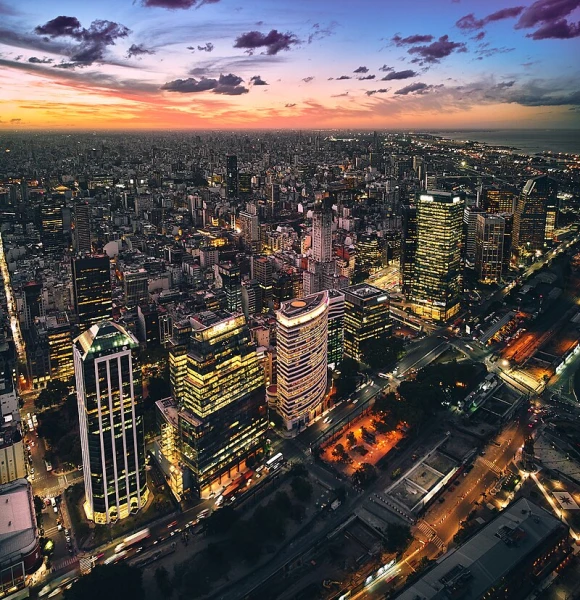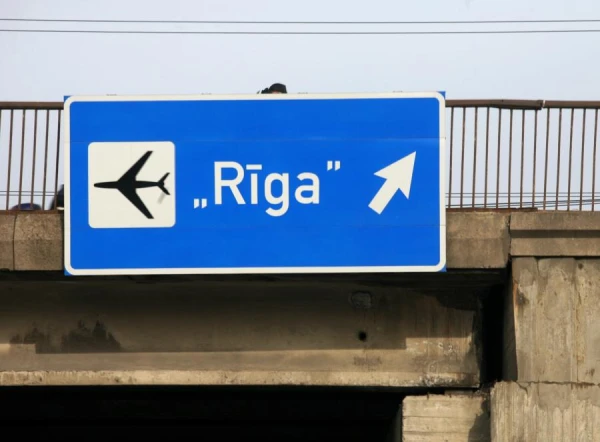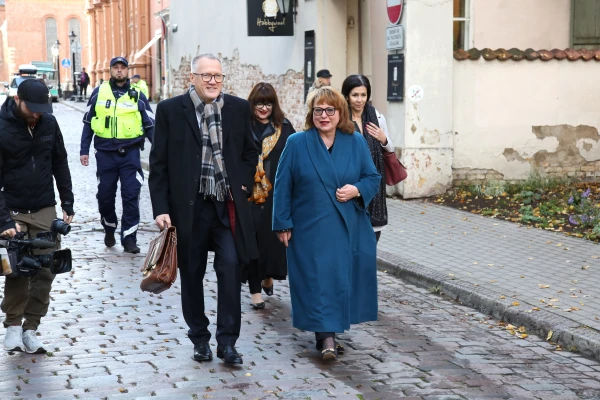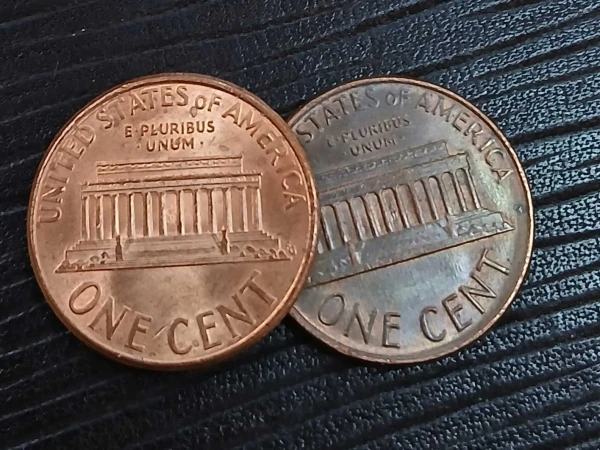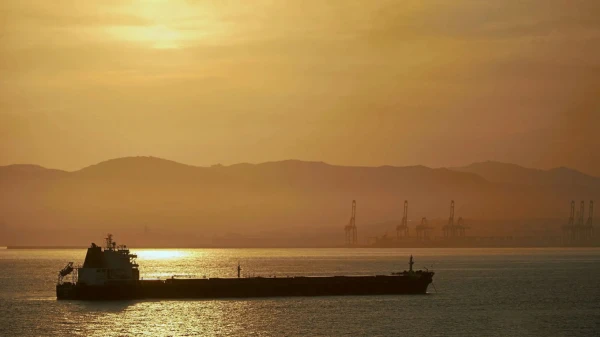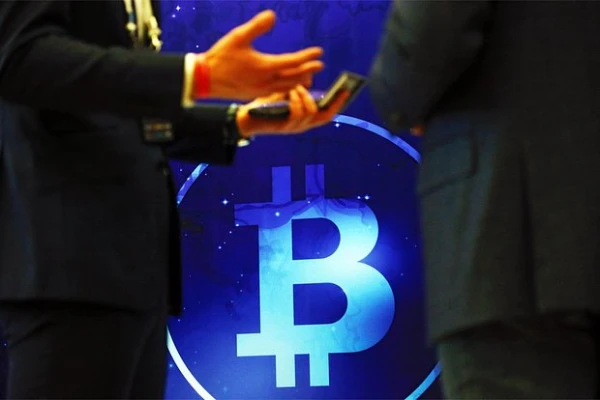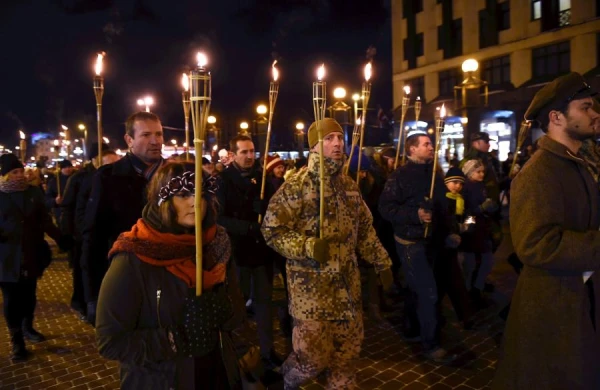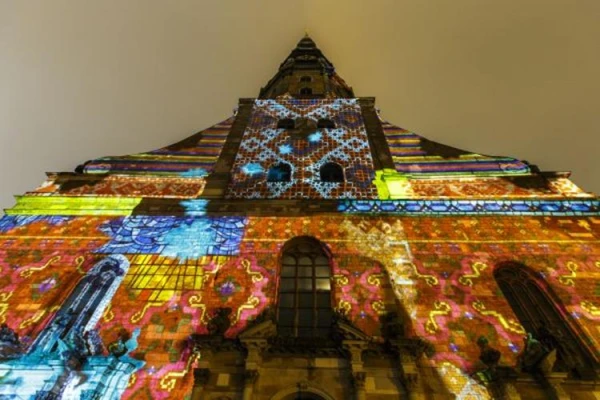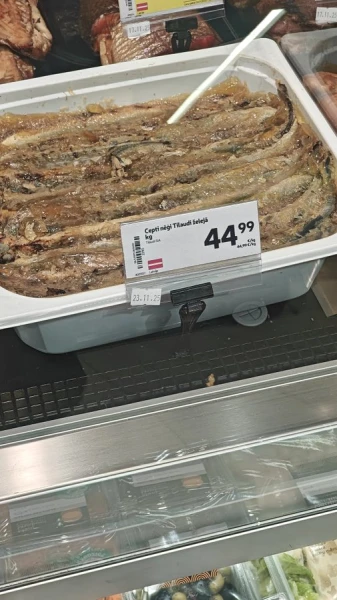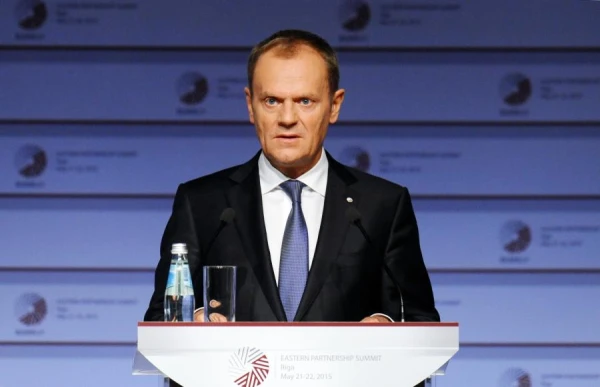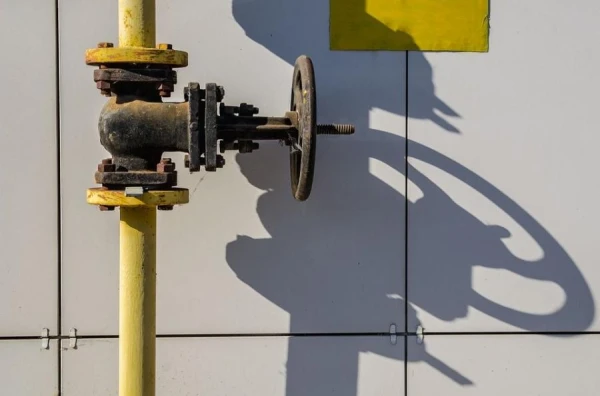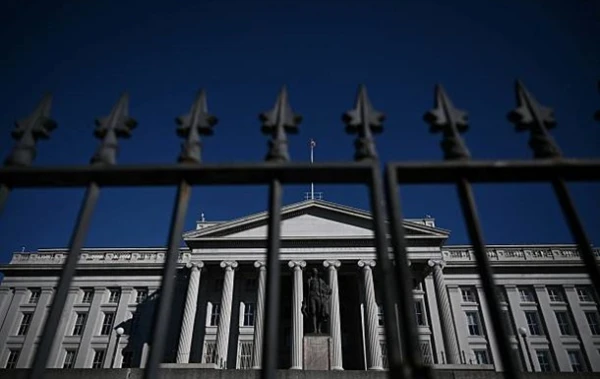
The goal of the restrictions is to cut off Iran's access to technologies.
Ukrainian companies acted as front structures through which Iran purchased and supplied aerospace materials to the aviation enterprise HESA, which is engaged in the production of military aircraft and drones.
As specified, Iranian procurement agent Bahram Tabibi used two front structures - companies registered in Ukraine - to achieve his goals. This was reported by the U.S. Department of the Treasury website.
A representative of the department, John K. Gurley, noted that Iran actively uses global financial systems for money laundering and to support its weapons programs, as well as to support terrorist groups.
The U.S. Treasury emphasized that the goal of the restrictions is to cut off Iran's access to technologies necessary for creating weapons that Tehran supplies to Russia for the war against Ukraine.
The American sanctions list includes 32 individuals and legal entities from various countries, including Iran, the UAE, Turkey, China, India, Germany, and Ukraine. From Ukraine, the companies GK Imperative Ukraine and Ecofera were sanctioned.
It has become known that these Ukrainian companies were involved in the supply of aerospace materials, such as position indicators and magnetometers, to the Iranian state company Iran Aircraft Manufacturing Industries Corporation (HESA). The latter is engaged in the production of military aircraft and drones Ababil for the Iranian armed forces.
It is reported that the scheme involved Iranian citizen Batul Shafii, who transferred funds to Ukrainian companies and organized the supply of Ecofera's products to Iran.
Another Iranian, Said Pahlavani Nejad, acted as an intermediary between the Ukrainian shell companies and HESA. He facilitated the sale of components for generators, engines, orientation indicators, sensors, and other equipment for the needs of this Iranian company.
It is known from open sources that LLC GK Imperative Ukraine is registered in Kharkiv. The main area of activity of the company is wholesale trade in household goods.
Recall that on September 27, the UN Security Council restored the arms embargo and other sanctions against Iran at the initiative of the United Kingdom, France, and Germany. The decision was made against the backdrop of accusations against Tehran of violating the 2015 nuclear agreement. Tehran criticized the restoration of UN sanctions.
Earlier, it was reported that self-proclaimed Belarusian President Alexander Lukashenko, after negotiations with Iranian President Masoud Pezeshkian, announced intentions to develop cooperation with this country, particularly in the military sphere.
<iframe width="560" height="315" src="https://www.youtube.com/embed/c5BcxDaoTaE?si=OCNyNdfvIZGuffM1" title="YouTube video player" frameborder="0" allow="accelerometer; autoplay; clipboard-write; encrypted-media; gyroscope; picture-in-picture; web-share" referrerpolicy="strict-origin-when-cross-origin" allowfullscreen></iframe>